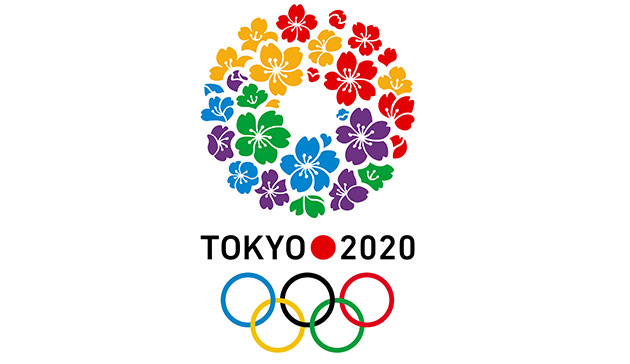
The International Olympic Committee Executive Board has moved forward with several initiatives approved from the Olympic Agenda 2020 which was agreed upon during a meeting eight weeks ago in Monaco.
First, for the bidding process of host cities, the new Invitation Phase for the 2024 Games is in place which gives interested cities the chance to see how the Olympic Games best fit into their long-term social, sporting, environmental and economic environment. Basically, to win an Olympic bid now, cities have to demonstrate a considerably more comprehensive way of making the Games more sustainable, which includes ways that the sporting complexes and event buildings and plans can be re-used for the city and its people once the Games are over.
Also, work on the new Olympic Channel is underway with the management structure agree upon and key hires beginning to start. However, as we wrote last December, when it comes to the Olympic Channel, it’s interesting that the IOC sees this as a way to “engage audiences, especially young audiences, in the power of what sport can do,” according to President Bach.
As many people in youth culture industries know, and according to our Youth Culture Studies, younger demographics have been losing interest in watching TV altogether and opting for YouTube and other digital and mobile phone forms of news and entertainment.
While having a platform for year-round information about the Olympics and athletes is interesting, first there’s the problem that many young people simply no longer care about the Olympics, mostly due to the sports that are in the Olympics, previous coverage, and the frank commercialization of the Games.
That being said, the Board also discussed at their last meeting a new procedure and timeline regarding additions to the event line-up, starting with the Tokyo Games in 2020. Tokyo 2020 is hoping to add more valued sporting events, but the procedure for changes in sports, especially additions, has to go through a complicated and lengthy process. Which is why Olympics continually gets in its own way when it comes to hosting events that people care about watching, in particular, younger demographics and teens (see more in our upcoming 15th Annual Spring Youth Culture Study 2015).
Finally, the Board has agreed to have a mourning place within the Olympic Village during the period of the Games in order to allow athletes to gather and pay tribute to people who passed away. It was also decided to devote a moment during the Closing Ceremony to remember the ones who died in the context of the Games.
“Participants at past Olympic Games have been affected by casualties and incidents back in their home counties,” said President Bach. “We want to give the athletes the opportunity to express their mourning in a dignified way and environment in the Olympic Village where representatives of the whole world are living peacefully under the same roof. At the Closing Ceremony, the Games come to an end and many people feel that it is a moment to remember people who have died at the Olympic Games.”


